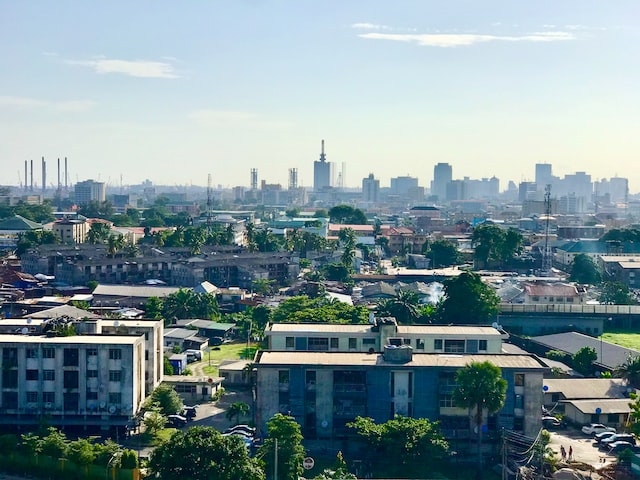Nigeria | Why Does Limitation Period Matter for Debt Collection in Nigeria?
Contributed by CJP Ogugbara, CJP Ogugbara & Co (Sui Generis Avocats), Nigeria.
In a traditionally and religiously typified Nigerian setting, there is absolutely no time limit when a debt can be recovered. Under the Islamic rights, it is completely not tolerated to owe debts, but where it becomes inevitable, a good Muslim would always want to repay every debt before their death. In the traditional Yoruba culture, because of the highly socialized nature of the people, no good Yoruba man would want to be tainted with ‘gbese’. It is abhorrent to a good social status. For the highly industrious Igbo extraction of the Nigerian people, we love to be seen as self-made and never to be seen to have made wealth from other people’s sweat. Chinua Achebe; a popular Nigerian Writer of Igbo extraction, puts it thus: “A debt may get moldy but it never rots.” This means no matter how long a debt lingers, it is never forgotten and neither is it not repaid.
However, the modern Nigerian society sets a time for the recovery of debts. Hence just like every other cause of actions, there is time limit when a debt can no longer be recovered from a debtor through court action. The statute of limitations of almost all the States in Nigeria provides that suits arising from simple contracts should be litigated within 6 years after the cause of action has arisen. However, in Section 4(3) of the Limitation of Law of Ogun State, 2006 “An action upon a specialty shall not be brought after the expiration of twelve years from the date on which the cause of action accrued. Provided that this subsection shall not affect any action for which a shorter period of limitation is prescribed by any other provision of this law”. This appears to be the case in most Laws of the various States in Nigeria as regards to contracts of specialty or contracts under seal. Consequently, where the contract or transaction leading to the debt is simple contract, the creditor must promptly recover within 6 years. However, where it is a transaction under specialty, the period within which the creditor must recover is 12 years. If the creditor fails to collect a debt owed within these periods subject to the nature of the transaction, the court may dismiss the case unless there is seen to have occurred an event intervening to break in the chain of causation.
The Acknowledgment and Part payment is an important intervening factor to break the chain of causation in debt recovery. The principle connotes that time begins to run afresh from the date of an acknowledgment of debt or part payment by the debtor. According to the Apex Court in THADANI & Anr. vs. NATIONAL BANK OF NIGERIA LTD. & Anr. (1972) 1 S.C. 75, the principle of acknowledgment or part-payment is founded on the theory that by so doing the debtor establishes a fresh contractual relationship so that a cause of action then starts to run from the date of the fresh contractual relationship. Apart from acknowledgement and Part-payment, the Limitation Law of Lagos State makes provisions for other factors such as fraud, disability and mistake.
Some have argued that in computation of the timeframe, the year of the event is excluded. Thus, if the transaction occurred in 2022, the year would be excluded. The authority for this argument is Section 15 of the Interpretation Act Cap. 192, Laws of the Federation of Nigeria 1990. Another authority is the case of ANWADIKE vs. ADM-GEN OF ANAMBRA STATE (1996) 7 NWLR (Part 460) 315.
Contributor: CJP Ogugbara
Agency/Firm: CJP Ogugbara & Co (Sui Generis Avocats)(English)
Position/Title: Founding Partner
Country: Nigeria
For more posts contributed by CJP Ogugbara and CJP Ogugbara & Co (Sui Generis Avocats), please click here.
The Q&A Global is a special column run by CJO Global, and serves as a knowledge-sharing platform to facilitate peer learning and networking, and to provide the international business community with a global landscape of this industry.
This post is a contribution from CJP Ogugbara & Co (Sui Generis Avocats). Established in 2014 as a Partnership Firm in Nigeria, CJP Ogugbara & Co has been working along and engaging in dispute management, litigation and arbitration, commercial practice: real estate and investment advisory, tax practice and energy consultancy. Apart from the core practice areas, they also facilitate and extend practice to the development of clients’ businesses and corporate interests, especially as they apply to the Nigerian economy and investment circle.

Photo by Obinna Okerekeocha on Unsplash








